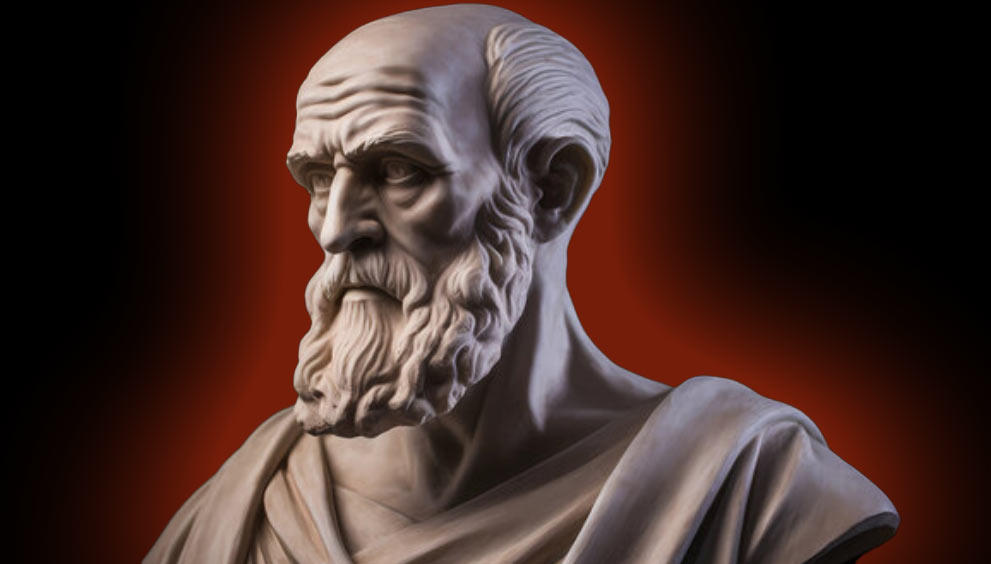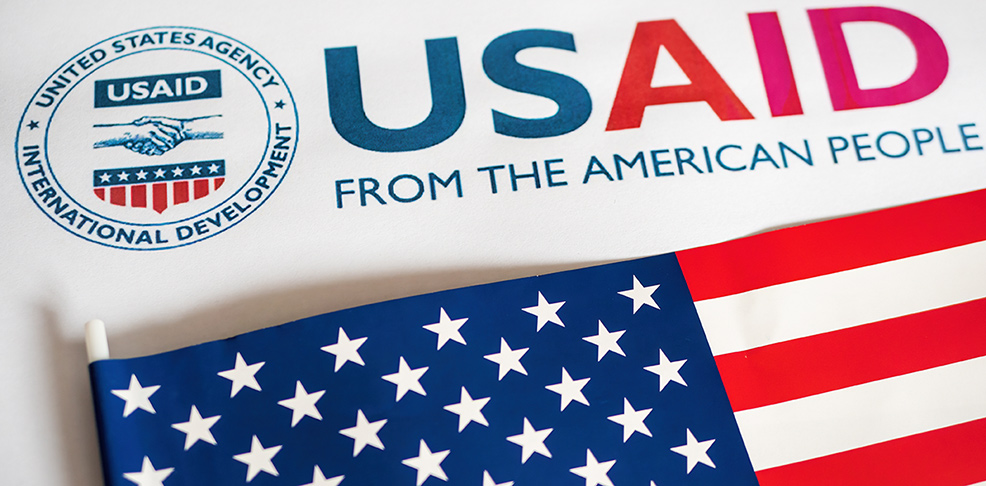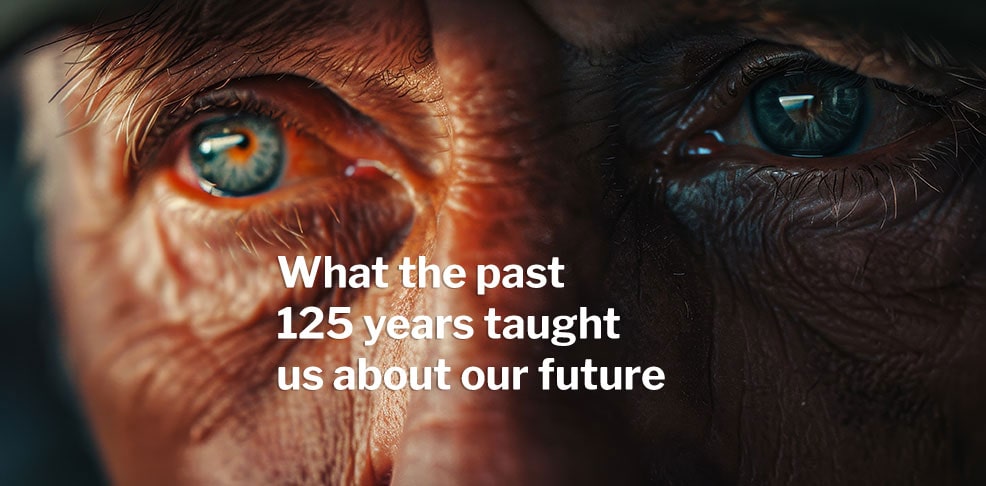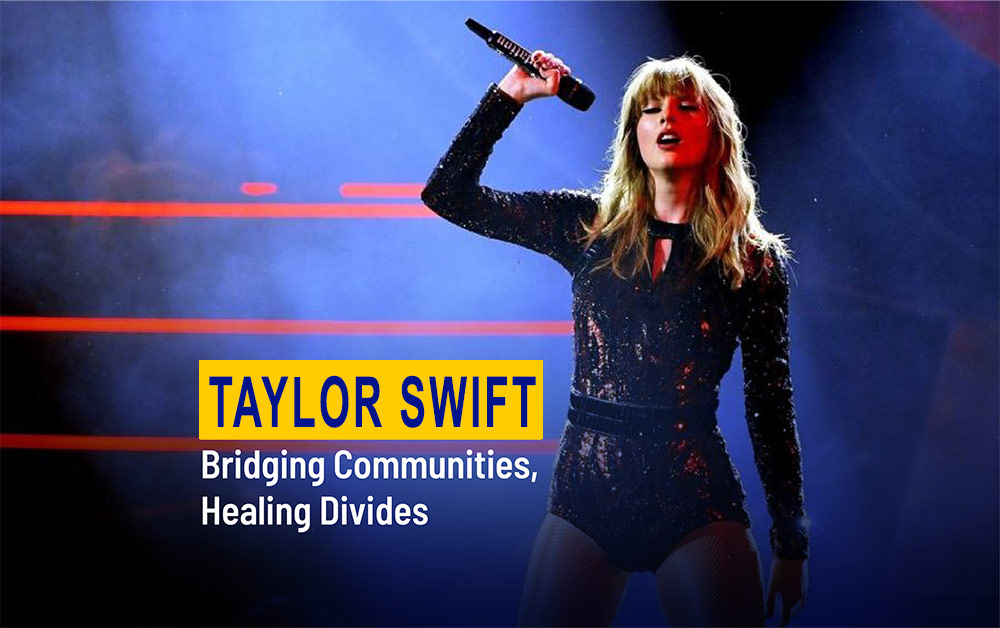Doctors Facing Moral Crises

In the ever-evolving world of medicine, doctors often find themselves grappling with moral dilemmas that profoundly impact their lives and patient care. A recent article published in The New York Times sheds light on the challenges faced by healthcare professionals in navigating these ethical complexities.
As we delve into the summary, we invite you to explore the thought-provoking insights presented by the article and understand the significance of addressing moral crises in the medical field.
Doctors Grappling With Ethical Dilemmas
The New York Times article delves into the experiences of doctors who find themselves at the crossroads of moral dilemmas. These dilemmas can arise from various situations, including treatment decisions, end-of-life care, allocation of scarce resources, and conflicts between medical guidelines and patient preferences.
The Impact on Patient Care
Doctors facing moral crises experience emotional and psychological tolls that can influence patient care. The inner turmoil caused by difficult decisions may lead to burnout, compassion fatigue, and even medical errors. Patients can also be affected when doctors struggle to provide the best care due to ethical conflicts.
Balancing Personal Beliefs and Professional Responsibilities
The article highlights the delicate balance between doctors’ personal beliefs and their professional responsibilities. In a diverse and multicultural society, doctors often encounter cases that challenge their moral compass. Striking a balance between respecting patients’ values and providing evidence-based care is an ongoing challenge.
Ethical Training and Support
As the article reveals, addressing moral crises requires robust ethical training and support for healthcare professionals. Medical schools and institutions must incorporate comprehensive ethics education to equip doctors with the tools to navigate challenging situations.
Shaping Medical Ethics and Policies
The moral dilemmas faced by doctors also have broader implications for shaping medical ethics and policies. Ethical challenges can spark discussions within the medical community and lead to the development of guidelines that better address complex situations.
The Role of Communication
Effective communication is crucial in resolving ethical conflicts. Doctors must engage in open dialogues with patients and their families, ensuring shared decision-making and mutual understanding of the care plan.
Seeking Guidance from Ethics Committees
The article explores the role of ethics committees in healthcare institutions. These committees provide a forum for doctors to seek guidance on complex cases, ensuring that ethical decisions are well-informed and supported.
The Importance of Self-Care
To cope with the emotional burden of moral crises, self-care and support systems are essential for doctors. Healthcare institutions should prioritize physician well-being to ensure optimal patient care.
Resilience and Adaptability
The article underscores the importance of resilience and adaptability for doctors facing moral dilemmas. The ability to learn from difficult experiences and adapt one’s approach to ethical challenges is a vital aspect of professional growth.
Curious to explore the intricacies of doctors facing moral crises and their implications for patient care and medical ethics? Read the full article in The New York Times: Doctors Facing Moral Crises.













